Wolfram Function Repository
Instant-use add-on functions for the Wolfram Language
Function Repository Resource:
Create an association indexed by a given key from a list of associations
ResourceFunction["KeyIndex"][{a1,a2,…},key] gives an Association that has keys ai[key] and values ai with key dropped. | |
ResourceFunction["KeyIndex"][key] represents an operator form of ResourceFunction["KeyIndex"] that can be applied to an expression. |
| "DropKey" | True | whether to drop key from each of the ai |
| MergingFunction | Automatic | determine how ai and aj should be combined when ai[key]⩵aj[key] |
| MissingBehavior | Automatic | how to handle ai that do not have key |
Index a list of associations by a given key:
| In[1]:= |
| Out[1]= |
Index lists of rules:
| In[2]:= |
| Out[2]= |
Use a combination of lists and associations:
| In[3]:= |
| Out[3]= |
Use the operator form:
| In[4]:= |
| Out[4]= |
| In[5]:= |
| Out[5]= |
Index a Dataset by a given key:
| In[6]:= |
| Out[6]= |  |
| In[7]:= |
| Out[7]= |  |
The head of expr doesn’t necessarily have to be List:
| In[8]:= |
| Out[8]= |
If expr is an Association, KeyIndex uses Values[expr]:
| In[9]:= |
| Out[9]= |
Drop the given key from each of the resulting associations:
| In[10]:= |
| Out[10]= |
Leave the given key in the results:
| In[11]:= |
| Out[11]= |
By default, only the first value will be used when there is a collision:
| In[12]:= |
| Out[12]= |
Specify how collisions should be handled:
| In[13]:= |
| Out[13]= |
Combine values with Merge:
| In[14]:= |
| Out[14]= |
The default behavior of KeyIndex is to discard associations that lack the given key in the result:
| In[15]:= |
| Out[15]= |
Don’t apply special rules if the key is missing:
| In[16]:= |
| Out[16]= |
Create a new Dataset from an existing one that is indexed by a particular key:
| In[17]:= |
| Out[17]= | 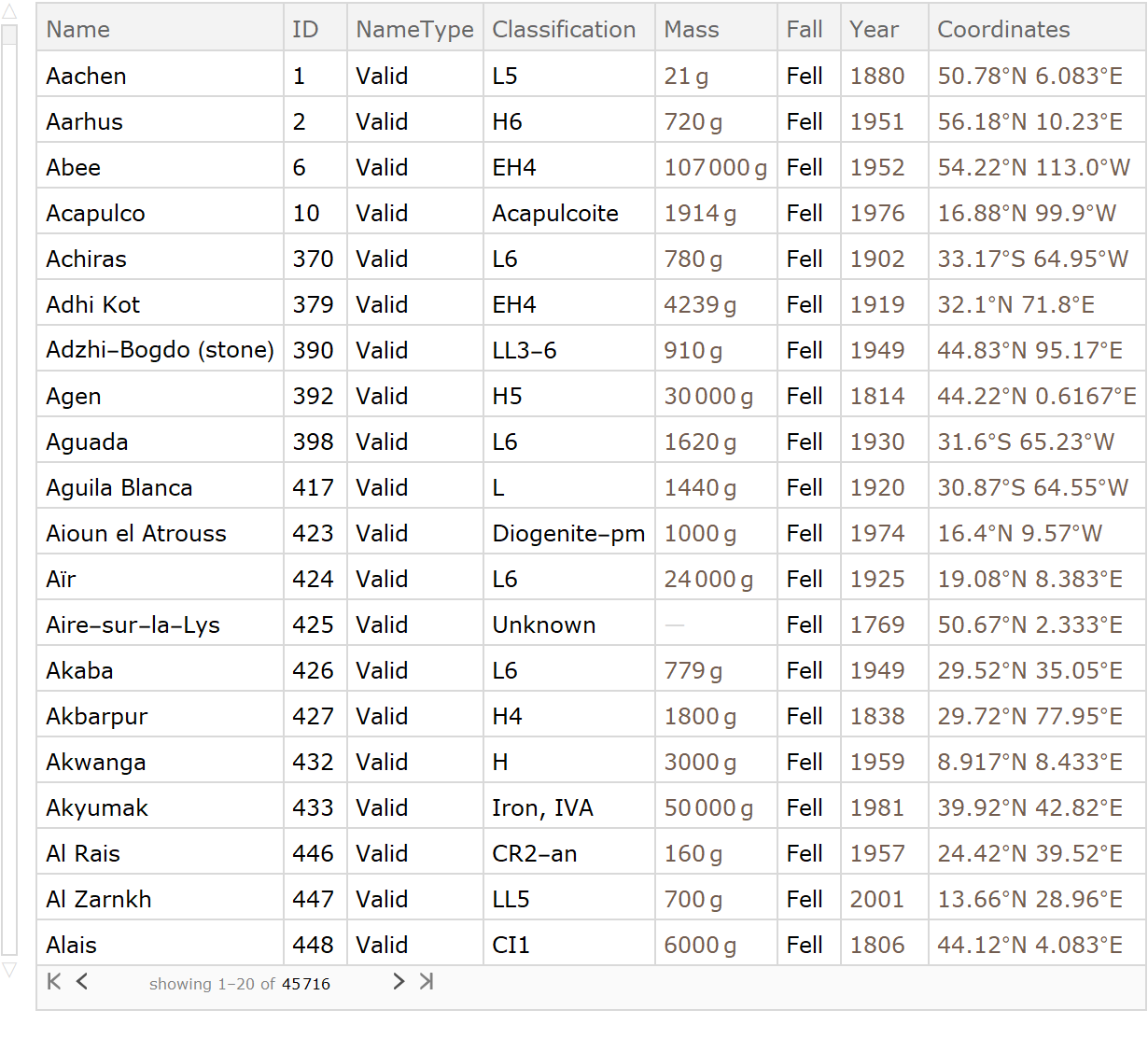 |
| In[18]:= |
| Out[18]= | 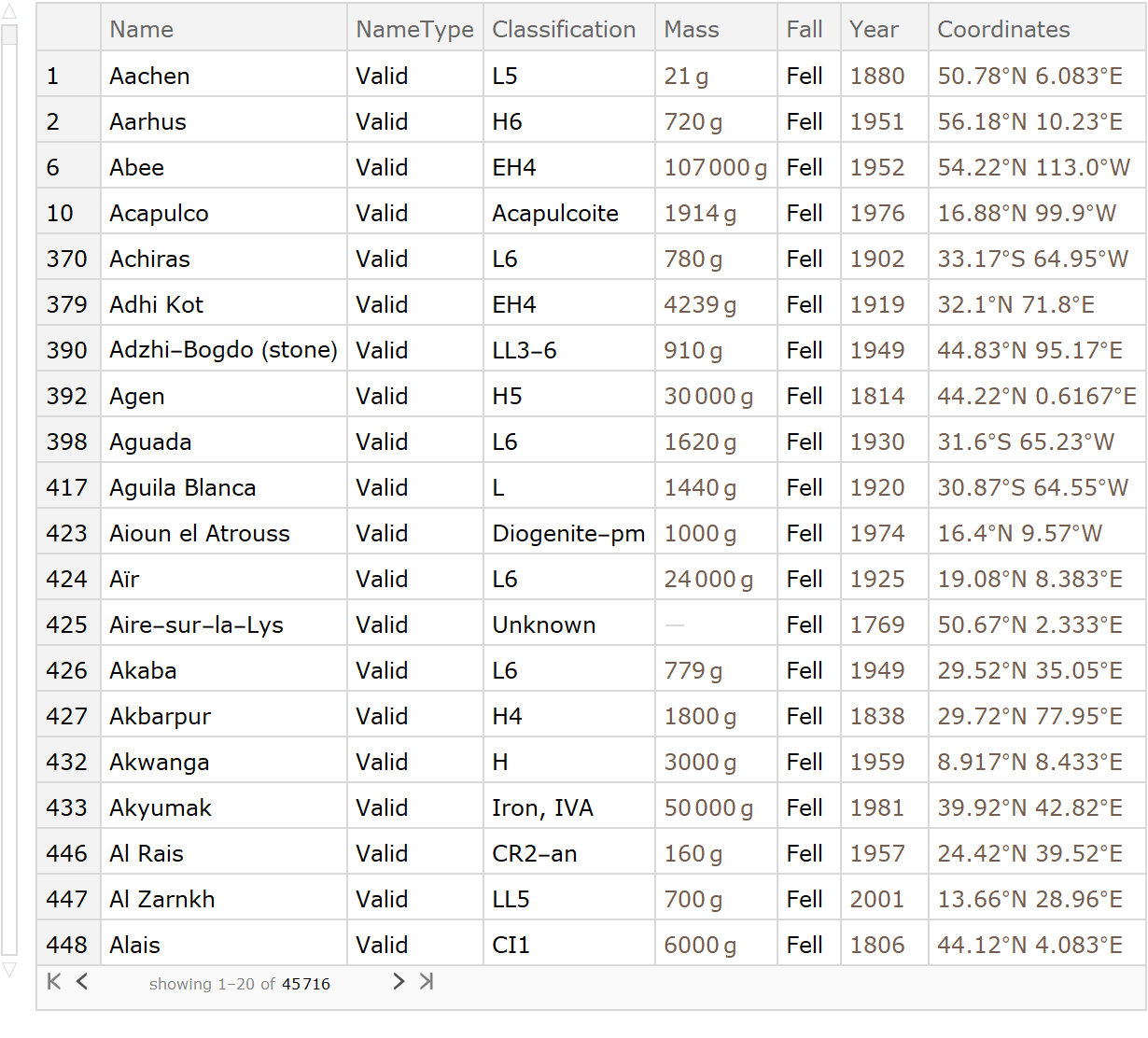 |
Look up data using the new index:
| In[19]:= |
| Out[19]= | 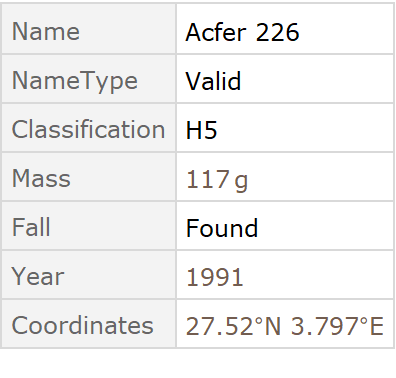 |
Create groups by a given key:
| In[20]:= | ![byClassification = ResourceFunction[
"KeyIndex", ResourceSystemBase -> "https://www.wolframcloud.com/obj/resourcesystem/api/1.0"][ResourceData["Meteorite Landings"], "Classification", MergingFunction -> Identity]](https://www.wolframcloud.com/obj/resourcesystem/images/adc/adc9638b-5b9c-4a39-a2d2-9bbb129c5a10/0d1947c8f2b65dd7.png) |
| Out[20]= | 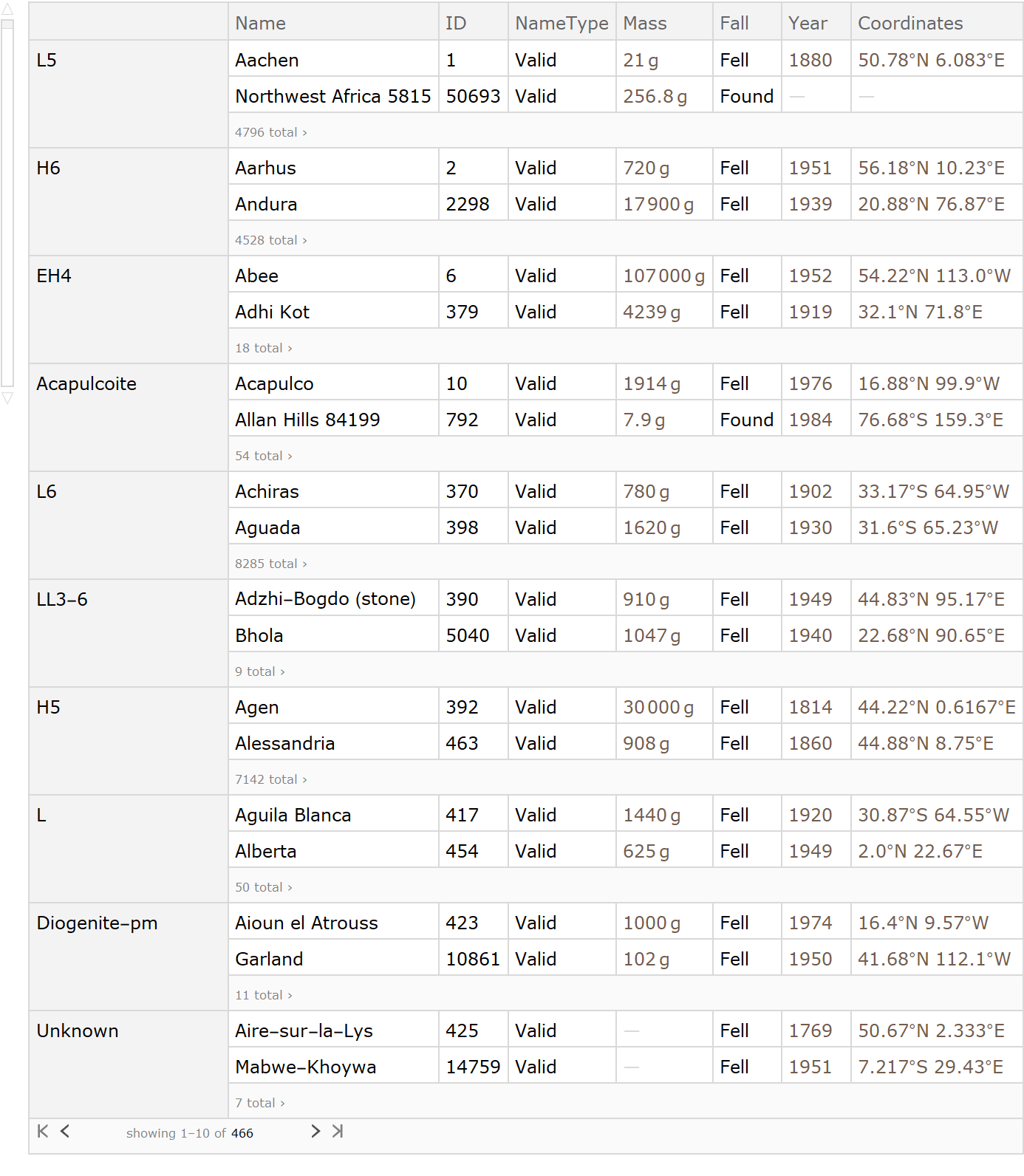 |
Get the set matching a given classification:
| In[21]:= |
| Out[21]= | 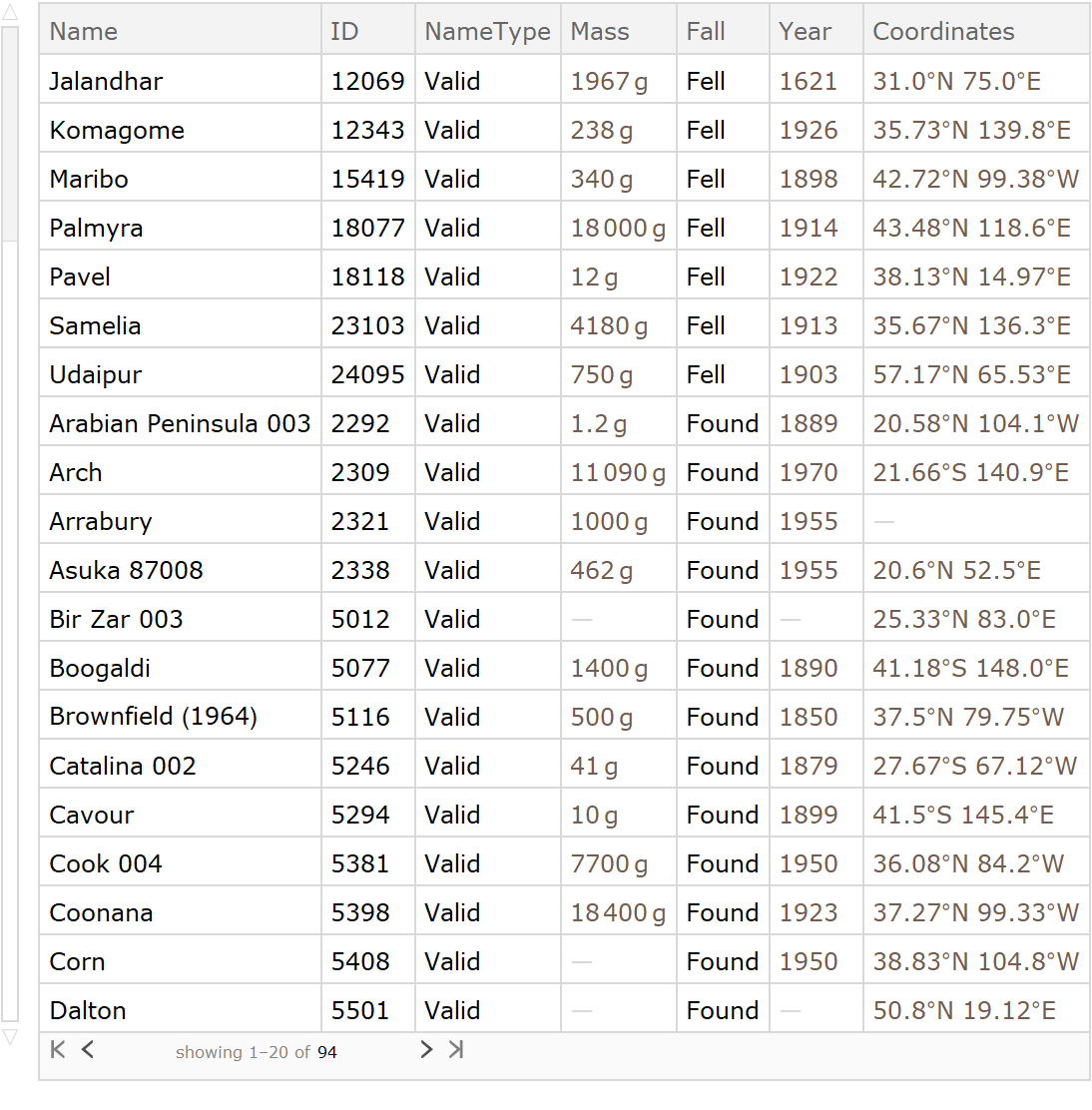 |
KeyIndex[expr,key] is similar to GroupBy[expr,Key[key]]:
| In[22]:= |
| Out[22]= |
| In[23]:= |
| Out[23]= |
| In[24]:= |
| Out[24]= |
Similar behavior can be obtained by setting options:
| In[25]:= |
| Out[25]= |
The default behavior of KeyIndex does additional post-processing of the data:
| In[26]:= |
| Out[26]= |
| In[27]:= |
| Out[27]= |
Each item must be an Association or a List of rules:
| In[28]:= |
| Out[28]= |
| In[29]:= |
| Out[29]= |
| In[30]:= |
| Out[30]= |
This work is licensed under a Creative Commons Attribution 4.0 International License